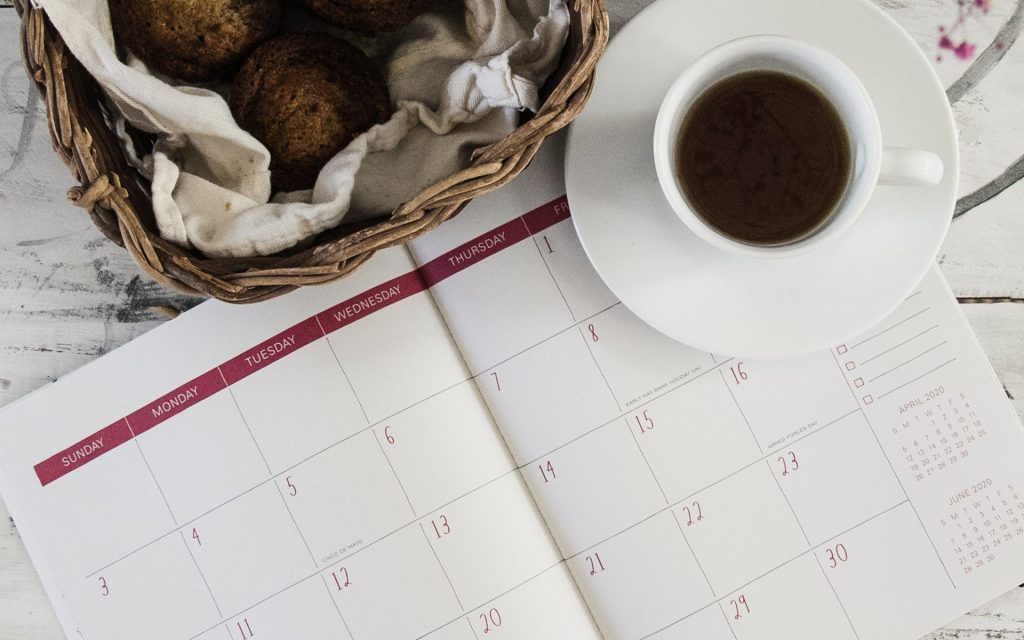They say that knowledge is power and when it comes to your fertility, understanding it is definitely the key to having some control over it. And let’s be honest – we all want control of our fertility, don’t we? Deciding when and if to have a child is a basic human right but if you have gaps in your understanding then it’s hard to orchestrate your future choices.
Perhaps you’re thinking ahead to a time when you’d like to conceive a child or maybe you’re considering how best to avoid conception at the moment. Whatever it is, you definitely need to understand the basics of your fertility.
The most important components for a healthy pregnancy
Most couples have no problem conceiving but one in six couples do come up against some problems. These may be temporary and treatable problems so it’s important to understand your fertility in order to get to the bottom of any possible issues. Let’s look first at the necessary components for a healthy pregnancy.
The key components for a healthy pregnancy include:
- healthy eggs for fertilisation
- healthy, quality sperm to fertilise the eggs
- clear fallopian tubes with no blockages so that the sperm can travel
- a healthy embryo which can implant in the uterus
- a healthy uterus
You will notice that most of the components are dependent on the female – and that’s one of the reasons why there are slightly fewer men experiencing issues with fertility. Women have more than one part to play in conception and making errors with prenatal screening is unforgiveable when trying to conceive. If you suspect you’re having problems down there, it might be best to consult a medical professional because you may or may not need Uterine Fibroid Treatment Options.
When is the best time to conceive?
Getting to know a woman’s cycle is a big part of knowing when the time is right to try to conceive.
Ovulation usually happens 14 days prior to your period starting. So, if an average menstrual cycle is 28 days long, then you can expect ovulation to occur on or around day 14. Since fertile times are spread over a few days, your most fertile window would be on days 12, 13 and 14.
A longer menstrual cycle might be 35 days – this means that ovulation takes place on or around day 21 and the most fertile window would be days 19, 20 and 21. If you are thinking about conceiving a child, get to know your cycle well. Keep a diary and learn how long each cycle typically is.
Taking control
Even if you’re not yet ready for a family, it’s a good idea to consider a fertility evaluation. This can be a good way to prepare yourself for the future. It’s also a good way to work out what’s going on with your fertility if you have been trying to conceive but not yet done so. Both men and women can undergo a fertility evaluation and they are usually stress-free procedures.
